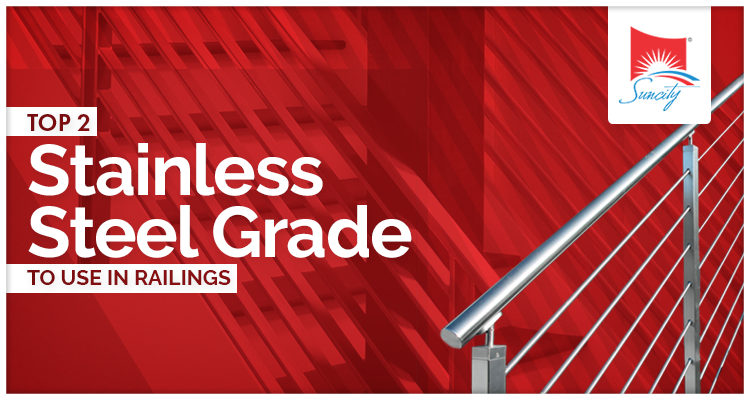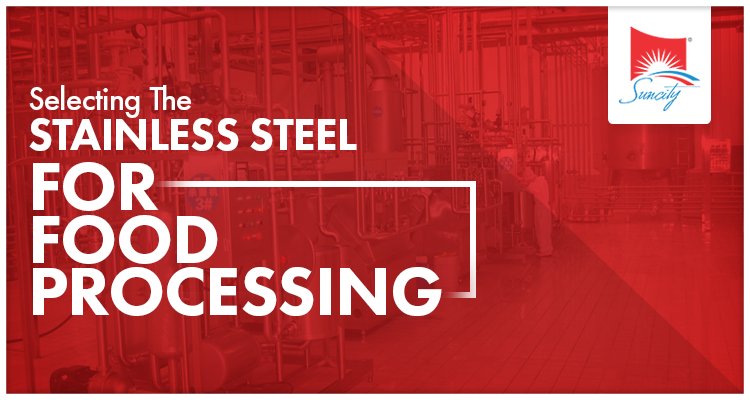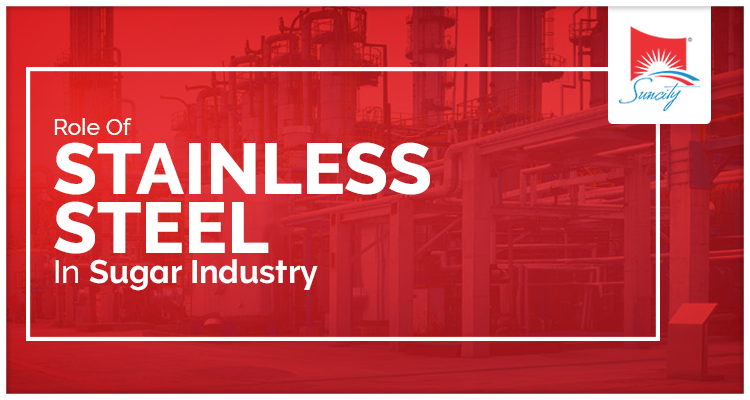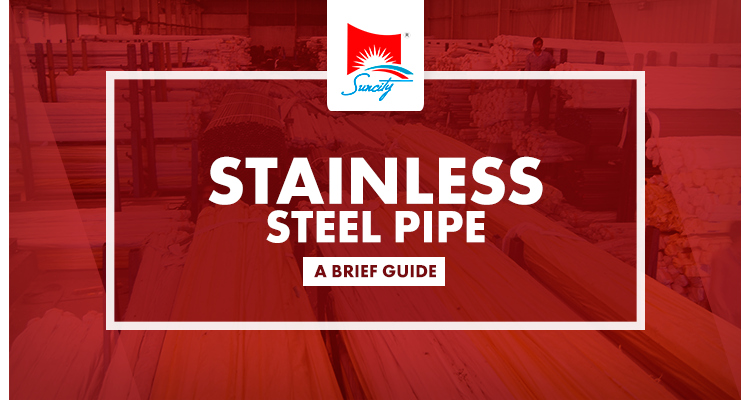Premium Quality Stainless Steel For Pharmaceutical Applications
23 August, 2018
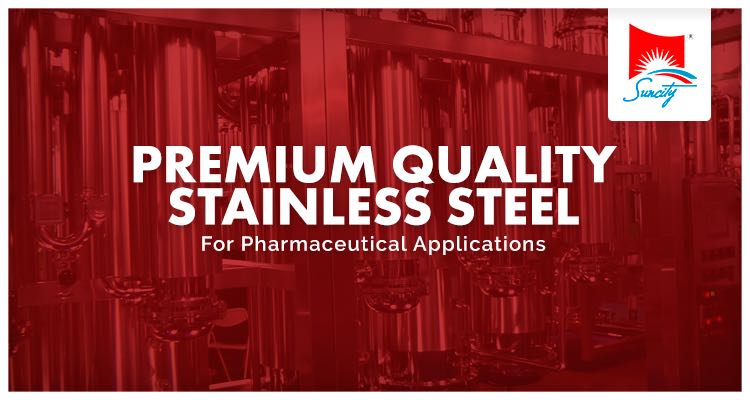
Stainless steel has now become one of the most important materials serving all major industries due to its wide range of applications. This durable and hygienic alloy is most preferred by industries such as chemical, furniture, pharmaceutical, as well as kitchenware industry. Known for its high resistance to corrosion and temperatures, stainless steel is the first choice for most of the industries these days. With the flexibility of getting molded into bars, sheets, pipes and tubing, stainless steel makes structures extremely durable.
So the question is, Is Stainless Steel in pharmaceutical industry, a right choice?
The answer is yes and this is how.
Some grades of stainless steel are inert to most acids and alkaline liquids which helps to avoid the risk of corrosion and contamination. Stainless steel can withstand the harshest cleaning routines, be it by mechanical pressure cleaning, high temperature water cleaning or by chemical or detergent cleaning.
Stainless steel is usually the preferred choice for good manufacturing practice (GMP) applications. The stainless-steel series 304L and 316L has become popular in pharmaceutical applications because of its high strength and corrosion resistance as well as its affordability.
In the pharmaceutical industry, stainless steel of grade 316L has been traditionally used. However, in the last 2 decades, there have been changes in regulations on a global scale which has produced a demand for stainless steel that is much more resistant to corrosion. Consequently, 'super-austenitic' stainless less is becoming popular.
So what is super austenitic stainless steel?
Super-austenitic stainless steel (16 to 26 percent chromium and up to 35 percent nickel, usually have the highest corrosion resistance and cannot be hardened by heat treatment and nonmagnetic treatments) is used in the pharmaceutical industry as it does not contaminate the drugs that are being made.
There are four main types of stainless steel used in the pharmaceutical industry - 304, 304l, 316 and 316l. The 316l and 316 grades are used for equipments that comes into direct contact with the product, including pipelines and water systems; this is because the 316 grade is more resistant to acid and base attacks than 304 grade.
Types and grades of stainless steel used in Pharmaceutical industry
(1) 304/304L: Tanks, storage vessels and pipe work for corrosive liquids used in pharmaceuticals are made from this grade.Hypodermic Needles, one of the most important products in pharmaceutical industry is made from stainless steel grade 304 and sometimes 316 as they can be easily sterilized. This grade of steel can be easily molded into needles.
(2) 309/310: This grade is more resistant to corrosion due to higher levels of chrome and nickel content in it than the 304 grade. This kind of stainless steel is used for high temperature applications such as furnace, kiln and catalytic converter components.
(3) 318/316L: Tanks, pressure vessels, pipe work and components for more aggressive conditions and specialized applications. For example, tank containers for bulk transportation of chemicals and corrosive liquids are made from this grade..Many orthopedic implants are also made with 316 grade of stainless steel. Austenitic grades of stainless steel are used in artificial hips and knees and in the screws that are often used for implants and for bone repair.
(4) 318/316L: 321/316Ti: These are the "stabilized" grades of stainless steel and they are resistant to sensitization and thus the possibility of Inter Granular Corrosion. In addition, they are used in components, which require elevated temperature strength and corrosion resistance, such as afterburners, super heaters, compensators and expansion bellows.
In conclusion, the following points make stainless steel preferable in pharmaceutical industries:
- Corrosion and stain resistance https://suncitysheets.com/stainless-steel-welded-rectangular-pipes/
- Long service life which can range between 15 to 20 years
- Almost 90% can be recovered and recycled at end of its life. It can be recycled multiple times without any loss of quality.
If you have any requirement of stainless steel pipes, sheets and coils for your current pharmaceutical application, then feel free to contact us, our executive will get back to you with the best solution.
